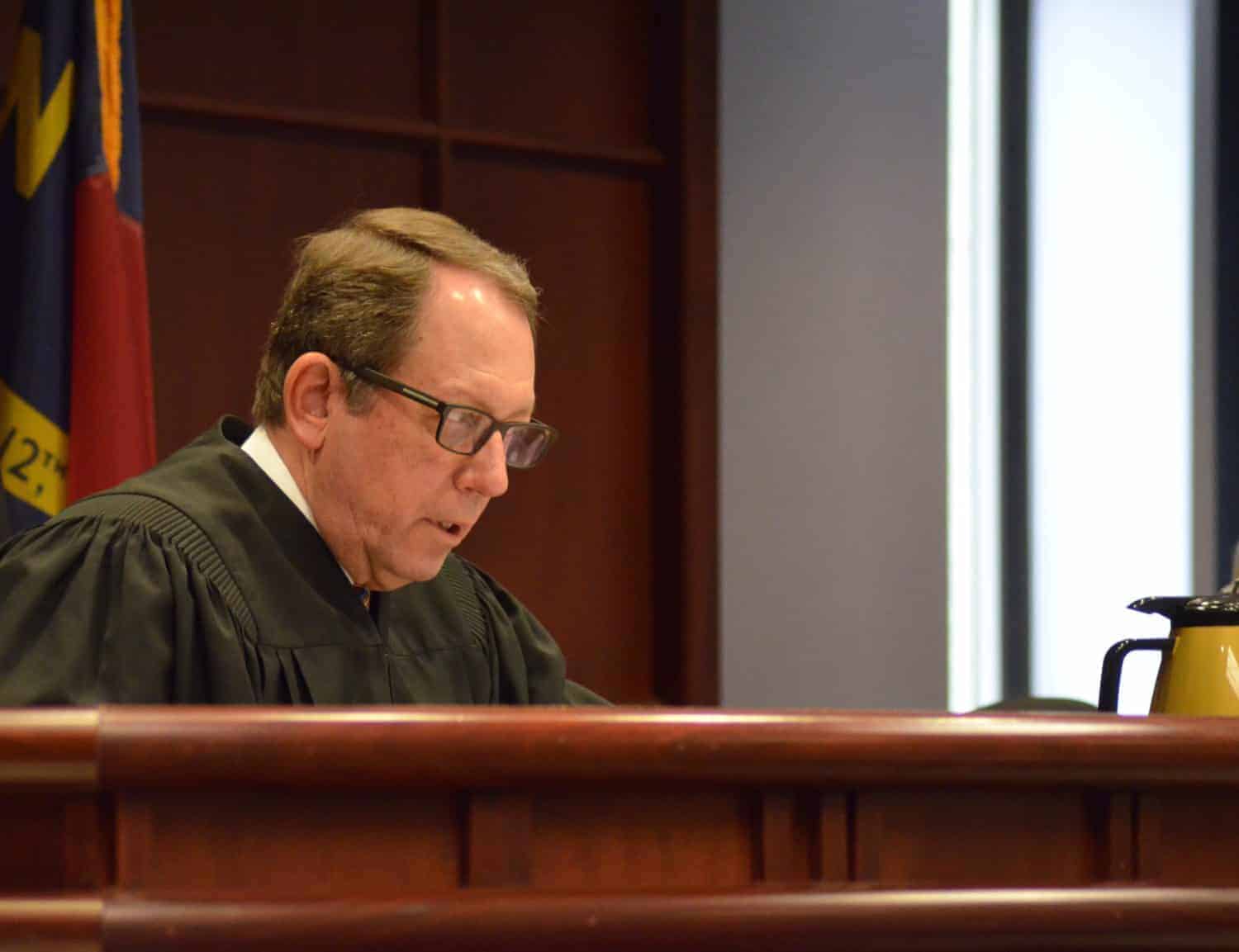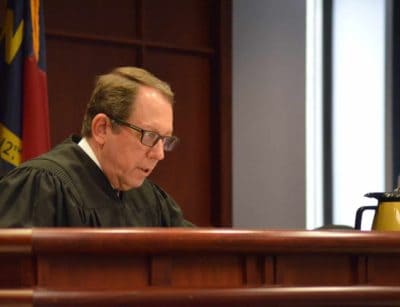David Lee, the judge presiding over the long-standing Leandro case, issued an order dated June 18 that will keep the WestEd Leandro recommendations confidential for now.
Both sides in the Leandro case agreed back in 2017 that an independent consultant should be chosen to make recommendations on how the state can ensure quality education for every North Carolina child. The chosen consultant, WestEd, turned in its recommendations to the judge Monday.
In the order signed yesterday, Lee called the WestEd report a “working document.” He said it is a first draft of what will eventually be a final report. Furthermore, he said the court wants to allow the parties in the case time to look at the document, possibly “collectively amend its terms” and come up with “a plan of action.”
The order also notes that the State Board of Education, a defendant in the case, won’t meet in person again until August and so won’t be able to consider the document as a group until then.
“The Court believes that premature dissemination of the working document, or its attendant materials, may jeopardize some or all of the efforts that have been expended by WestEd, and the litigants, over the last number of months,” the order states.
Lee goes on to say that WestEd should send the report to all counsels of record and that the report should be considered confidential by them.
“Given the potential ramifications of premature publication of all, or any part of the preliminary WestEd working document, the Court believes that it is in the best interests of the parties, the fair and impartial process of these proceedings going forward, and the important issues presented by this case, to maintain the confidentiality of the working document, pending further orders of this Court.”
The order says that “at the appropriate time, and in light of the State Board’s meeting schedule,” the court will consider a motion to release the report partially or fully. The order also states that the court may permit such a release on its own, if Lee decides to do so.
See the order below.
The Leandro case started in 1994 when families from five low-wealth counties sued the state, claiming North Carolina was not providing their kids with the same educational opportunities as students in higher-income districts. In 1997, the Supreme Court ruled unanimously in the case that the state’s children have a fundamental right to the “opportunity to receive a sound basic education.” A later Supreme Court opinion agreed with a lower court that North Carolina had not lived up to that constitutional requirement for every student.
For much of its history, the Leandro case was overseen by Judge Howard Manning, who held numerous hearings in an effort to determine how the state could meet its constitutional obligation. In October of 2016, he requested to be removed from the case, and Chief Justice Mark Martin reassigned it to Emergency Superior Court Judge David Lee.
Gov. Roy Cooper has also created a Commission on Access to Sound Basic Education, comprised of 17 members appointed by him, to work “in conjunction” with the consultant and come up with strategies to meet the Leandro requirements set out by the court in 2002. Its next meeting is June 25, where commission members will continue to form their own set of recommendations. This will be the commission’s final meeting.



